Jerusalem, MINA – The Israeli government has refrained from responding to a Palestinian request to hold legislative elections in East Jerusalem slated for May 22. Anadolu Agency reported on Friday.
The Palestinians have warned against canceling or postponing the entire electoral process in case Israel obstructs holding the polls in Jerusalem.
According to a previous interim deal between the Palestinians and the Israelis, Palestinians residing in East Jerusalem took part in elections conducted in 1996, 2005, and 2006.
The Israeli-Palestinian Interim Agreement was signed in Washington on Sept. 28, 1995, and included a special annex related to the Palestinian elections.
Also Read: UNICEF Urges Immediate Opening of Crossings for Food Aid to Gaza
The Palestinians voted in six Israeli postal centers set up in East Jerusalem. The votes were then sent by mail to the Palestinian Central Elections Commission.
However, in 2017, the administration of former US President Donald Trump recognized Jerusalem as Israel’s capital.
According to the results of recent elections, the dominance of the extreme right-wing over political life in Israel is also becoming more and more widespread, according to the results of recent elections.
Given the political impasse in Israel following the failure to form a coalition government, it is difficult to predict an Israeli decision within the context of previous deals.
Also Read: Hamas Leader Says Prisoner Swap with Israel May Begin Monday
Article VI of the 1995 agreement’s annex II known as the transitional period agreement is related to arrangements for elections in Jerusalem which states:
“A number of Palestinians of Jerusalem will vote in the elections through services rendered in post offices in Jerusalem, in accordance with the capacity of such post offices.”
In 1996, 5,367 East Jerusalem Palestinian residents were permitted to vote in five post offices.
In the 2005 and 2006 elections, the number of post offices was increased to six with a capacity of 6,300 voters.
Also Read: Ceasefire Officially Takes Effect in Gaza After Two Years of Genocide
The rest of the Palestinian population voted at poll centers located in the outskirts of the city.
The population of East Jerusalem is estimated at more than 340,000.
The Palestinians seek to implement the same arrangements for the coming legislative elections to be held on May 22 and the presidential elections on July 31.
With the Israeli silence, the Palestinians face three scenarios. Either Israel agrees not to obstruct the elections, or the elections will turn into a Palestinian-Israeli confrontation, or the elections will be postponed or canceled.
“If Israel does not abide by the agreements, there are two alternatives: The first is to turn the elections in the city into a battle, confrontation and a clash, meaning imposing them as a de facto situation by placing ballot boxes in the streets and clashing with the occupation if it tries to prevent them,”, said Hatem Abdel-Qader, a former lawmaker and a member of the Fatah Revolutionary Council.
Also Read: Tens of Thousands of Palestinians Perform Friday Prayer at Aqsa Mosque
“The second alternative is for the Palestinian Authority and the factions to have reached the conclusion that they are unable to hold elections in Jerusalem and this means postponement or cancellation,” he said.
He asserted that “holding elections without Jerusalem is a dangerous matter, as the city is not a technical issue but rather a political one, and any compromise or neglect of the elections in Jerusalem is a recognition of the Israeli occupation of the city.”
He stressed that what is required is “elections in the heart of East Jerusalem, not in the outskirts of the city, and any other arrangement is tantamount to recognition of the so-called sovereignty of Israel over the city.”
The official pointed out that the inability to hold elections in the city is a “valid political reason” to postpone the elections if no decision was made to impose holding it by force.
Also Read: Gaza Authorities Launch Deployment and Recovery Plan Following Ceasefire
In response to proposals to conduct polling inside European consulates and UN offices in Jerusalem, Abdel-Qader said: “This is not a solution, and it is, in fact, a dangerous proposition, as European consulates and UN offices are under the sovereignty of these countries, even if they are in the occupied city.”
“This is an escape, not a solution to the problem,” he added.
For his part, Fatah candidate Nasser Qous also refused such proposal “because this is neutral territory, and we want the elections to be in the center of Jerusalem, as took place in 2006 and the elections that preceded it.”
“There will be no elections without Jerusalem, and this is a message for everyone,” Qous added. (T/RE1)
Also Read: Ben-Gvir Threatens to Overthrows Netanyahu’s Government
Mi’raj News Agency (MINA)






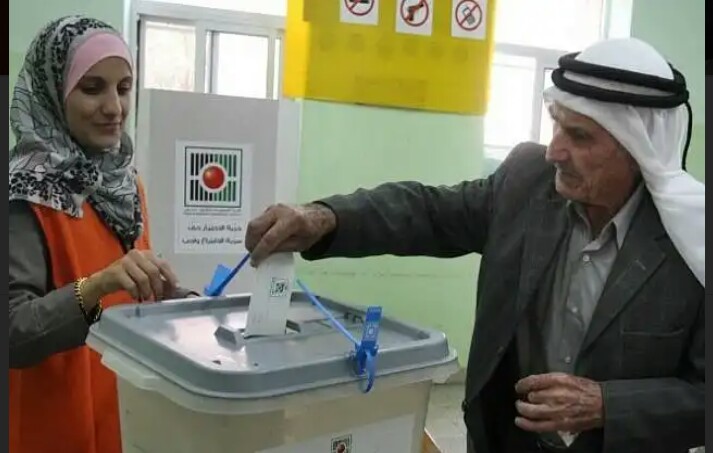


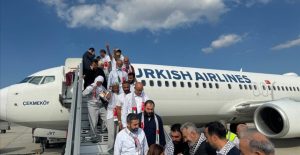
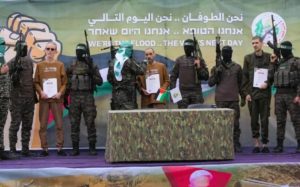
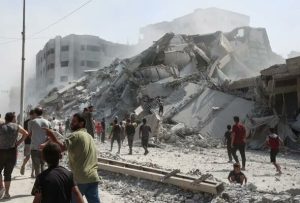
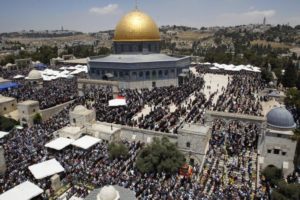
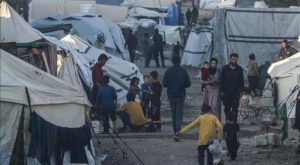
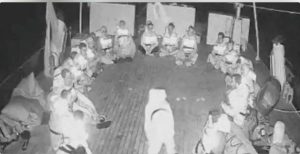
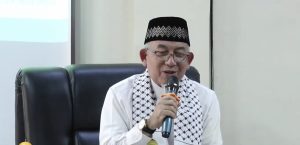
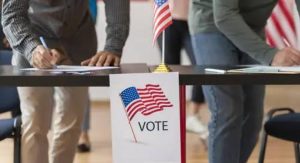
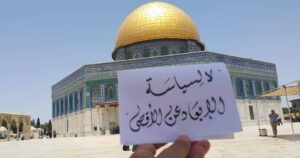
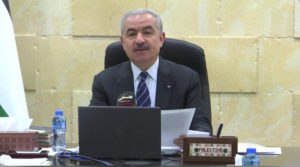
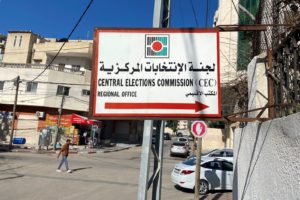
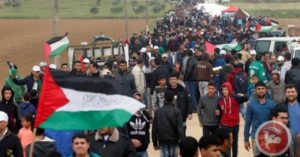
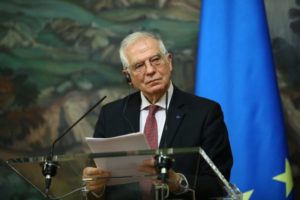



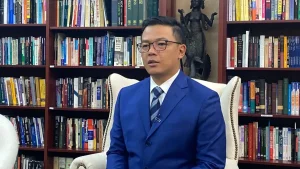
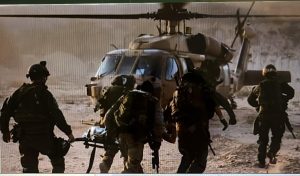
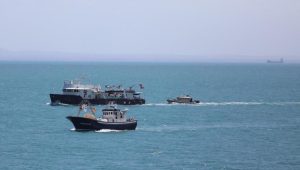
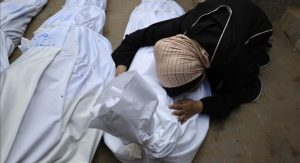
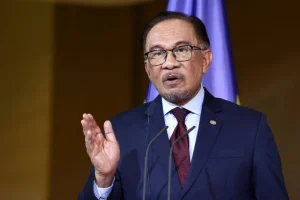
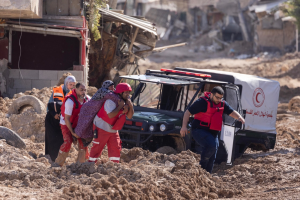
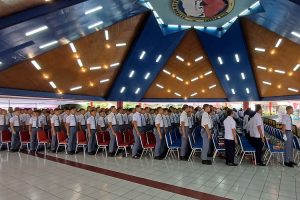

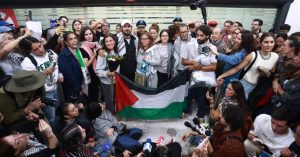
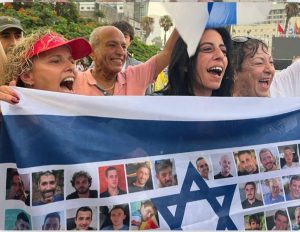



 Mina Indonesia
Mina Indonesia Mina Arabic
Mina Arabic